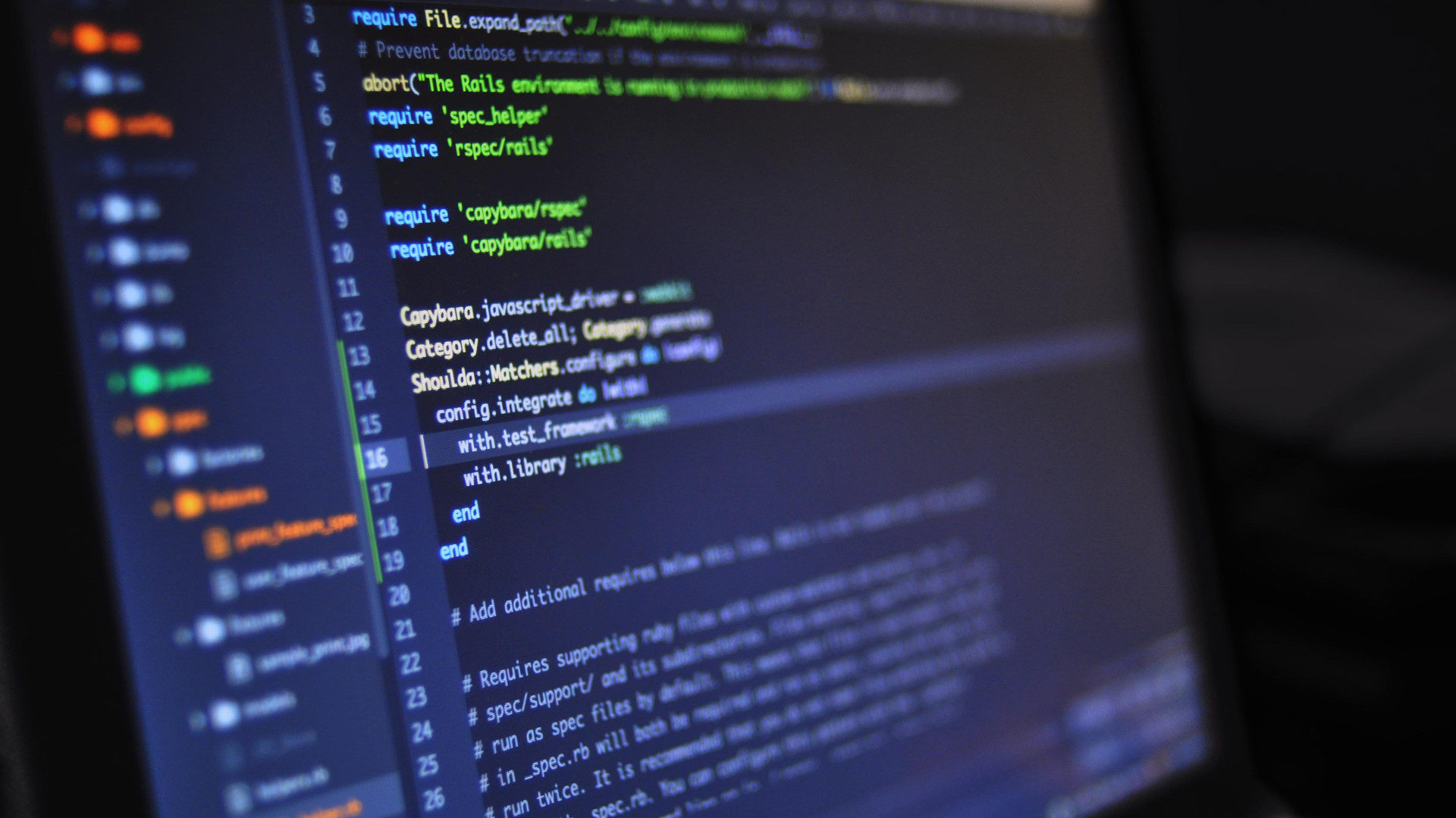Recently, I wrote a piece on how everyone now consists of two entities, one analog and one digital. However, I think that it’s also important to understand trends in commoditization and monetization that have led to the current use of private information as currency, and the implications of private data in what I call the ‘Age of Surveillance.’
A crossroads
Over the past 20 years, the rapidly increasing rate of commoditization of compute, participation, data, and mobility has created the ability to quickly collect, analyze, and distribute data at never before seen rates of speed.
The figure below illustrates an inverse power-law curve based on the rates of commodity and innovation. Compute is basically free at this period of time due to the erasure of CAPEX with cloud computing. This lack of cost to compute, both personal and corporate, and the increase in websites focused on the concept of like/dis-like has made it easy to add your voice to the Internet, or a global on-line community. At any moment you can find a ‘like’ voice to give credence to any idea, desire, fetish, or opinion. This ease of participation has created a flood of ‘data’ that companies are now coupling to mobility to help create a unique, specialized life-style of any individual who is willing to allow their privacy to be exploited.
These four factors together- free compute, easy participation with a focus on like/dis-like, an explosion of searchable, archived data, and mobility have combined to create an ‘Age of Surveillance.’
The ‘Age of Surveillance’
In this current age of data exploitation, we see personal information being collected at every moment of every day. This collection, usually in exchange for free games, services, platforms, or applications is a by-product of the Service Economy. All of our proclivities, desires, uses, and motion are now tracked across a variety of devices, cameras, and capabilities. This data is archived cheaply, and efficiently, and can now be searched and analyzed easily.
The end desire for this collection is the ability to micro-market a unique lifestyle, differentiated value, or experience to each person, that while shared, constitutes a reinforcement of the ‘individuality’ of the user, while at the same time ensuring that the experience falls within a standard deviation of self-nominated identity. These experiences should be seen as the equivalent of shared social life in the past, but now at a micro scale at global levels. No longer do we all ‘talk around the water cooler’ about a specific show, but text, post, DM, Tweet, about what we binge, what we play, things we’ve ‘discovered’ on Etsy, or a wide array of other sites all with like-minded individuals that span all borders. All of these moments are then measured in ‘likes’ to help reinforce behavior, create a group ethos/think, and are immediate in their response, require constant curation, and are quickly replaced with other ‘trends’ that cycle endlessly without the ability to ponder long-term implications.
Due to the vast amount of data we now generate, companies, politicians, nation states, organized crime, and even individuals are now leveraging these raw data for a variety of purposes, be it financial gain, swaying opinion, or creating a flood of information that warps facts.
The ‘Age of Surveillance’ is not based on any scientific discipline, but on the momentary ability to react (like/dislike) to any given stimulus and to find seemingly random patterns that provide immediate insight into daily activities.
Monetization of ‘You’
The key cog in this cycle of endless information is the ability to leverage information about you and create opportunities for revenue around your likes and dislikes. Companies like Facebook are ‘free’ in that they don’t charge, you, the user for access to the platform, but to companies, politicians, etc. for access to data about you. Data Science in its current, nascent form is about the discovery of patterns in every day actions and how those patterns can be aggregated into cohorts, demographics, and groups, and then have that data leveraged in as many ways as possible to help market products and services.
In the end, you trade your personal information for access to a platform(s) and have monetized your privacy–that data about you which you find ‘sacred’ in many cases–to have something that otherwise might cost 19.99, 29.99 or 49.99 a month.
Let’s look at Facebook for a moment. Through 2011, the company received over USD$1.3 billion in investment against no real revenue. Just seven years later they reported USD$10.3 billion in revenue.
In seven years they’ve gone from very little revenue to over $10 billion. Where does the money come from? Advertisement and selling, or providing, information about you to various companies. The packaging of personal information, allowing access to information, and re-selling it in various ways is how they earn income. With a current 2.1 billion users, that means that the current value of your private information to Facebook is ~USD$4.76 per user. There goal is to continually increase that value as much as possible to create higher returns.
On the Dark Web, however, you’re slightly more valuable. Information that is stolen about you and then ‘sold’ to various groups is worth ~USD$120.00 and is falling. But in either case, Information about you, what you like, dislike, where you spend time, money, etc. is now a true commodity that can be bought and sold without your control for the most part.
The success of Facebook has launched hundreds of companies that are now data aggregators. Their business model, for which they find many investors, is to accumulate large data pools that can be monetized for various purposes. The fact that you receive a ‘service’ is compensation for all the information they now can freely collect about you.
Understanding your Value and Data in this Age
I think looking at this information in this way is very important for any person today. In the past, very little about you was actually ‘known’ and your data wasn’t thought to be worth very much beyond very high-level marketing information, or opinions collected in a very scientific way (think polling).
Today, information is collected at such a raw rate that very little academic rigor is placed behind who, where, and/or why information is collected, and it’s use, and analysis is based on hyper-statistics, micro-indicators, and pattern matching that can be both useful, and misleading.
For the end user, critical thinking, skepticism, and understanding that almost everything you do is logged, recorded, instrumented and then analyzed later is the key to safe-guarding your privacy. While I think many governments have made leaps into protecting you, like GDPR in the EU, they have to balance that against the pressure that companies will continue to make to have more of your data discoverable as many business models are now inherent in the collection, selling and leveraging of you as a commodity.
For the end user, being cognizant of your value, your selling of privacy for services, and the need to continually curate your digital self will be the key to ensuring some modicum of privacy is maintained, but I would argue we need to have a larger debate about privacy in the Age of Surveillance and what is actually meant by ‘privacy’ for this digital self we’ve created.


